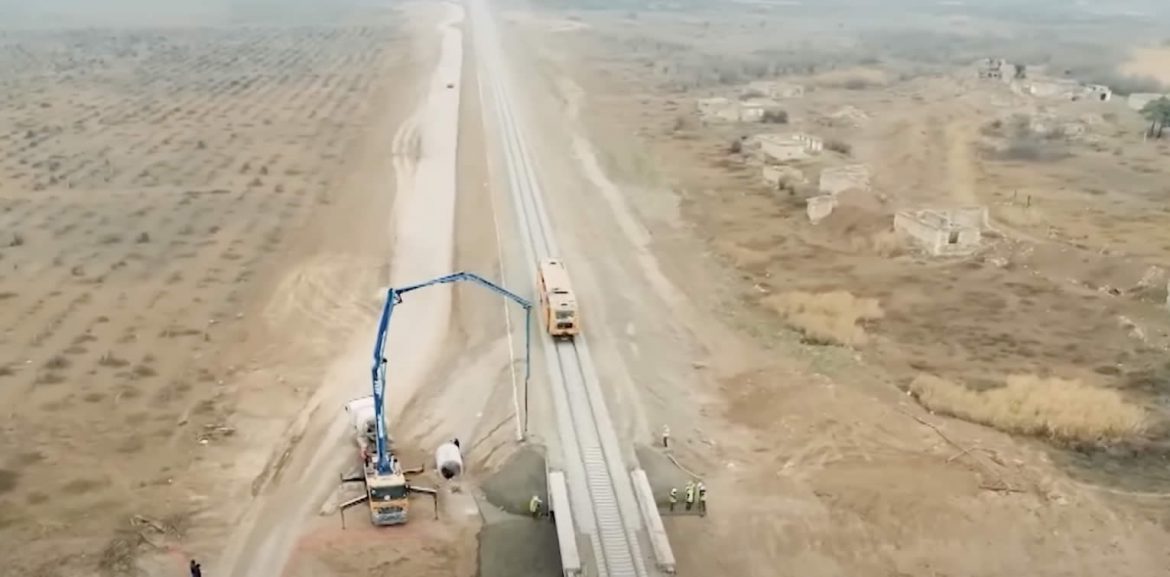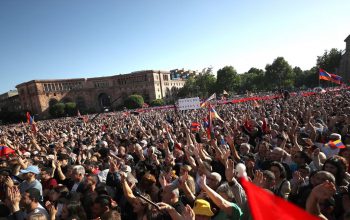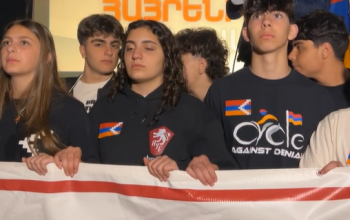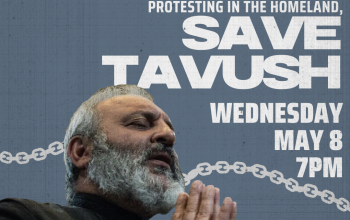By Hoory Minoyan
The Armenian Weekly
YEREVAN—Just when the discourse surrounding the so-called “Zangezur Corridor” seemed to have subsided or retreated from the forefront of discussions, Abdulkadir Uraloglu, Turkey’s Minister of Transport and Infrastructure, unveiled plans to finalize the “Zangezur Corridor” project by 2029, during a January 7 announcement.
Highlighting progress on the “Zangezur Corridor” undertaken by Azerbaijan and Turkey, Uraloglu revealed that the Azerbaijani segment of the “Zangezur Corridor,” stretching from Baku to Horadiz, is nearing completion. The Turkish section of the route spans a length of 224 kilometers. Uraloglu estimated that the entire process required for constructing the route would last five years, expressing confidence that all necessary work will be concluded by 2028.
Uraloglu highlighted ongoing construction between Horadiz and Ordubad in Azerbaijan’s Nakhichevan exclave, excluding the section traversing Armenian territory.
Since signing the November 9, 2020 trilateral ceasefire agreement, which calls for the construction of transport links between Azerbaijan and its exclave Nakhichevan through southern Armenia, Azerbaijan has insisted on the creation of the “Zangezur Corridor.” The agreement states that control over transport communication will be carried out by Russian border guards. Armenian officials have repeatedly rejected Azerbaijan’s demand that the route be free from customs and passport controls and asserted that the route must respect territorial integrity and sovereignty.
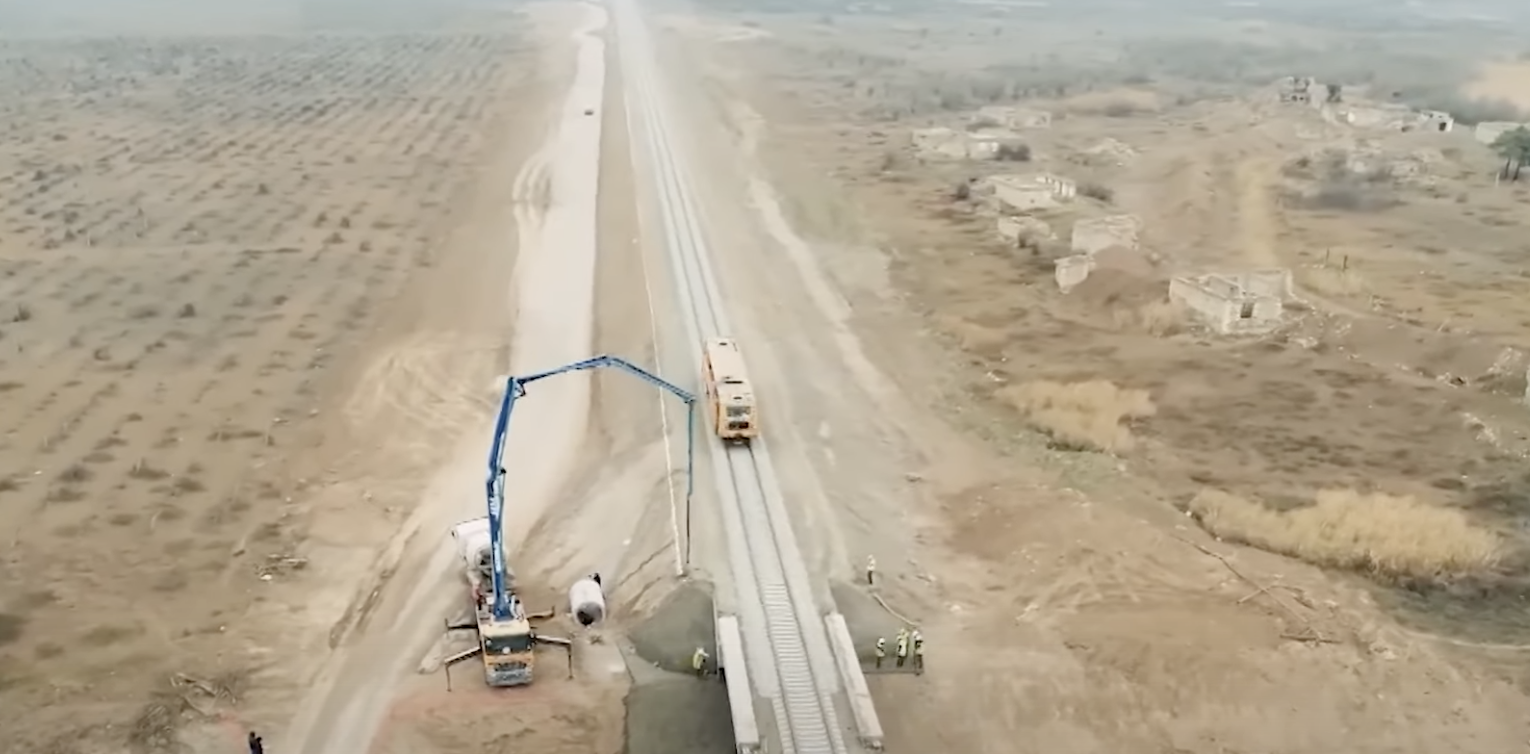
Uraloglu addressed the opposition to the “Zangezur Corridor” from the Armenian side, claiming that the project holds potential benefits for Armenia. He also highlighted recent positive signals from Armenian Prime Minister Nikol Pashinyan regarding the initiative.
“The Armenian side initially responded negatively to this proposal, despite its potential advantages for Armenia, but we’ve observed recent positive messages from Prime Minister Pashinyan,” stated the Turkish official, emphasizing Turkey’s commitment to the establishment of the corridor.
In an interview with Armenian media, Turkic scholar Gevorg Galtakyan highlighted that in the conversation with Uraloglu, the interviewer asked about the potential for mutual agreement by both parties to opening the “Zangezur Corridor.” Galtakyan emphasized that if Armenia does not consent to this ultimatum, the Turkish side may resort to the use of force to achieve its objectives.
In response to the announcement by the Turkish minister, spokesperson for the Iranian Foreign Ministry Nasser Kanani insisted that trade and transit cooperation should not serve as a catalyst for geopolitical shifts in the South Caucasus.
“We consistently stress the significance of expanding regional cooperation to foster peace, stability and economic partnerships, including communication and transit. It’s imperative to underscore that the development of transit cooperation in the South Caucasus should not prompt geopolitical alterations or undermine the territorial integrity and sovereignty of nations,” Kanani highlighted, as reported by Mehr news agency.
Iran has repeatedly expressed its commitment to upholding the principles of territorial integrity and sovereignty regarding Armenia. Iran boasts longstanding historical ties with its neighboring nation Armenia, a relationship that continues to deepen over time.
The “Zangezur Corridor” project has sparked controversy, with differing reactions from involved parties.
In an interview with Sputnik Armenia, political analyst Suren Surenyants underscored Azerbaijan’s strategic advancements and their significant implications for Armenia. Surenyants indicated that Azerbaijan has effectively removed international guarantors from the equation and secured an international consensus regarding the contentious “Zangezur Corridor.” He cautioned that the signing of a peace treaty depends on resolving contentious issues for Baku, stressing President Ilham Aliyev’s persistent disregard for the red lines outlined by Armenia’s government.
Surenyants observed that Baku has strategically dismantled the role of international guarantors in Armenia-Azerbaijan negotiations and introduced a framework of bilateral talks without mediators. He highlighted the recent prisoner exchange, which was seen to be a result of direct talks between Armenia and Azerbaijan, as pivotal in securing support for the bilateral negotiation platform.
Expressing skepticism, Surenyants remarked that any meaningful peace agreement must incorporate border demarcation principles and territorial maps, elements presently opposed by Azerbaijan. He cautioned that the absence of demarcation principles in a peace agreement could effectively endorse the assimilation of Artsakh into Azerbaijan and legitimize the occupation of 200 square kilometers of sovereign Armenian territory by Azeri troops.
Surenyants suggested that the Armenian government’s approach to “sacrifice” Artsakh in order to persuade Azerbaijan to drop its claim to the “Zangezur Corridor” has failed. He said that Armenia’s southernmost province Syunik became entangled in the Armenian-Azerbaijani conflict after Armenia’s defeat in the 44-day war, underlining Azerbaijan’s persistent aspirations toward Syunik.
Surenyants highlighted the escalating challenges facing the Armenian government, warning that 2024 may be a more strenuous year than the previous one.
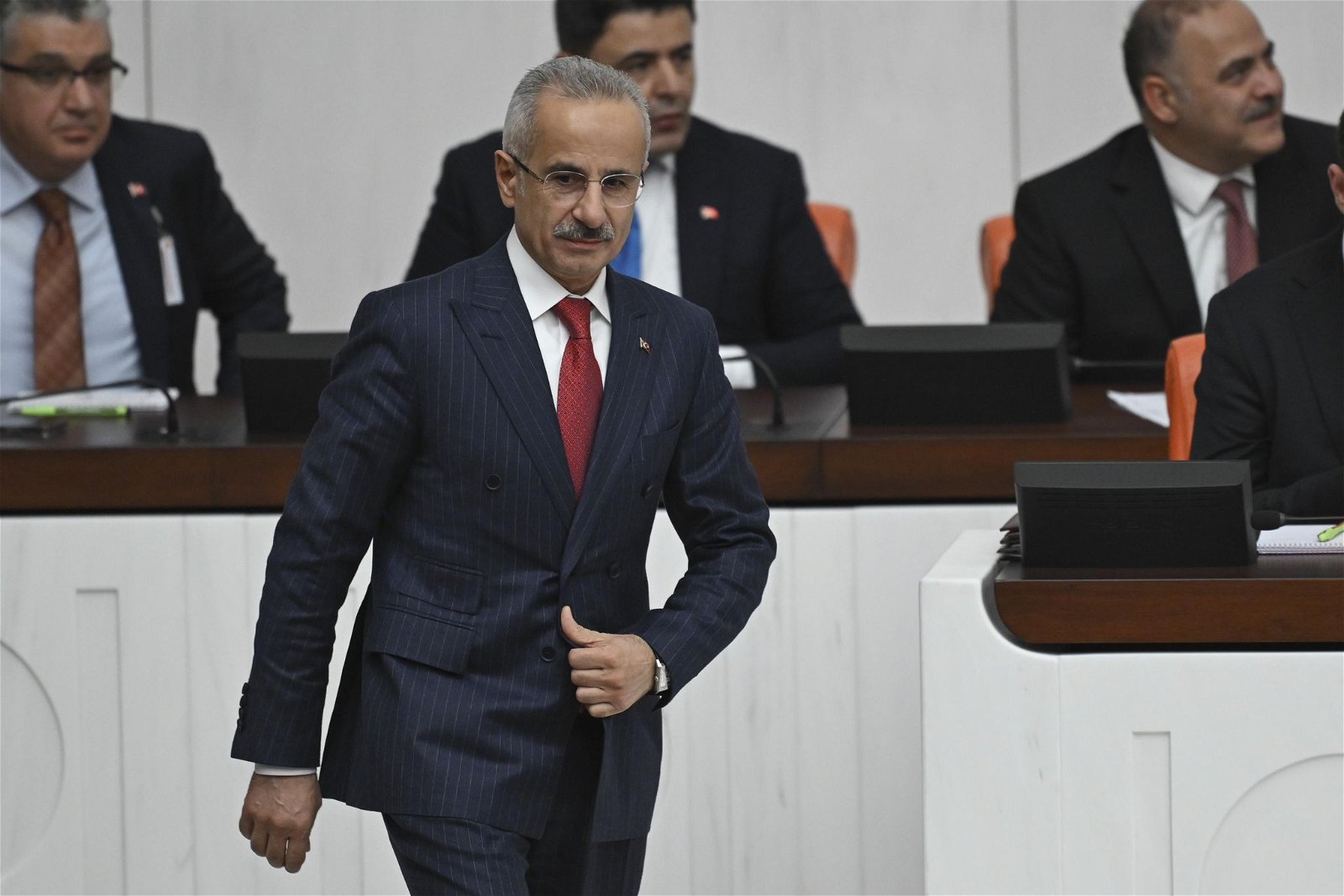
Amidst these concerns, Secretary of Armenia’s Security Council Armen Grigoryan disclosed plans for a forthcoming meeting between Armenia and Azerbaijan’s border demarcation commissions, which Azerbaijan has stated is not a necessity for signing a peace agreement. “There is a scheduled meeting for the delimitation commissions towards the end of January. We are hopeful that the meeting will indeed take place,” Grigoryan said.
The forthcoming meeting follows the most recent session held between the border delimitation commissions of Armenia and Azerbaijan on November 30, 2023, along the Armenian-Azerbaijani border. During this session, both parties agreed on the procedural framework for organizing and conducting commission sessions and joint working gatherings. They also agreed to initiate efforts towards coordinating a draft regulation on the activities of the border demarcation commissions.
On January 6, the Armenian Foreign Ministry reiterated its support for a treaty based on the mirrored withdrawal of troops from the Armenian-Azerbaijani border. “Throughout the negotiations between Armenia and Azerbaijan, the Armenian side has consistently advocated for a mirrored withdrawal of troops from the interstate border between Armenia and Azerbaijan, a stance that remains unchanged,” the Foreign Ministry stated.
Emphasizing its readiness to engage in discussions to implement a treaty, the MoFA said that troop withdrawal should align with the latest maps from the General Staff of the Armed Forces of the USSR.
On January 10, Armenian Foreign Minister Ararat Mirzoyan suggested that progress on a treaty is stalled, because Azerbaijan refuses to recognize Armenia’s territorial integrity. He previously announced that Baku and Yerevan will hold discussions regarding Armenia’s proposal for troop withdrawal from the border. However, Baku rejected this initiative, leading to unresolved discussions between the two nations.
“I want to emphasize that these two issues—territorial integrity and inviolability of borders and border delimitation—are the issues where the Republic of Armenia cannot see and cannot allow any ambiguity, because any ambiguity is a basis and fertile ground for further aggressions and further escalations,” Mirzoyan said on January 10.
Hoory Minoyan
Hoory Minoyan was an active member of the Armenian community in Los Angeles until she moved to Armenia prior to the 44-day war. She graduated with a master’s in International Affairs from Boston University, where she was also the recipient of the William R. Keylor Travel Grant. The research and interviews she conducted while in Armenia later became the foundation of her Master’s thesis, “Shaping Identity Through Conflict: The Armenian Experience.” Hoory continues to follow her passion for research and writing by contributing to the Armenian Weekly.

